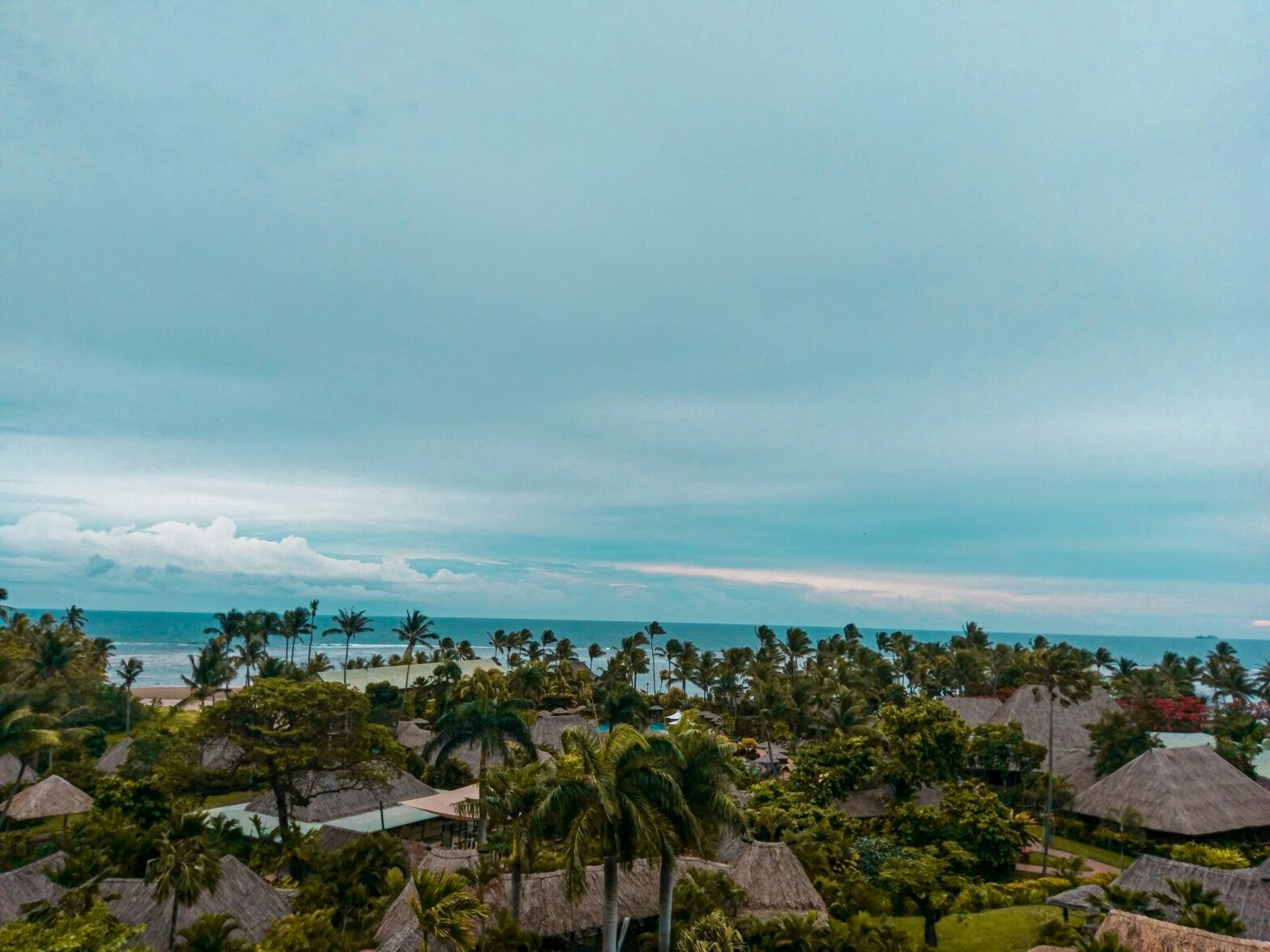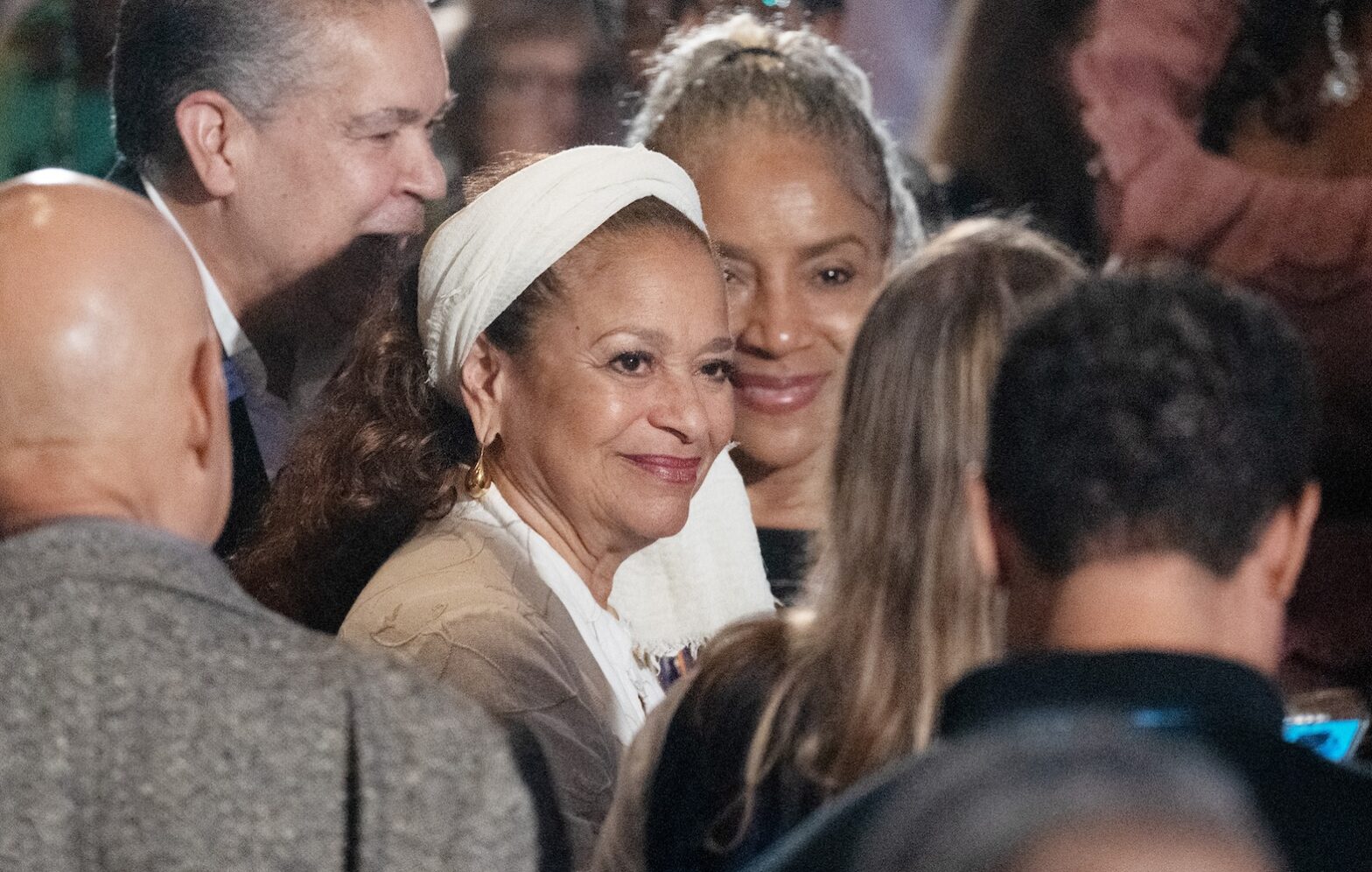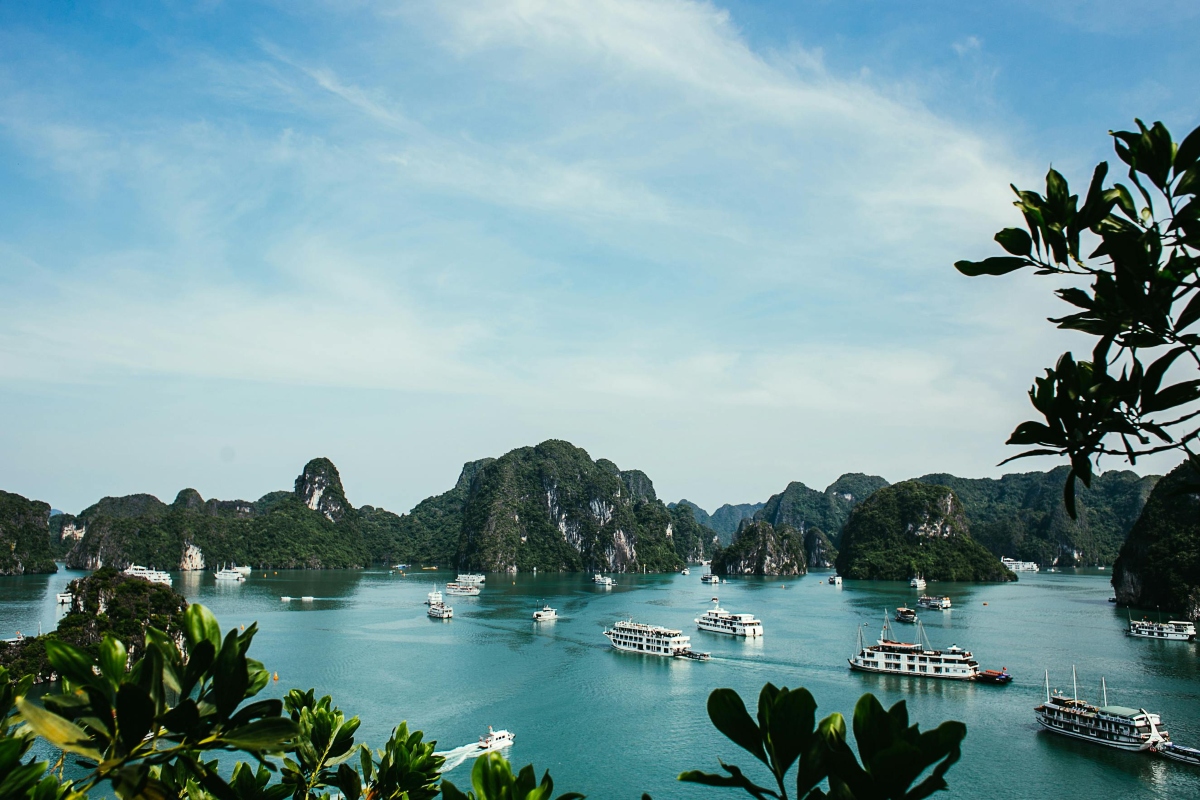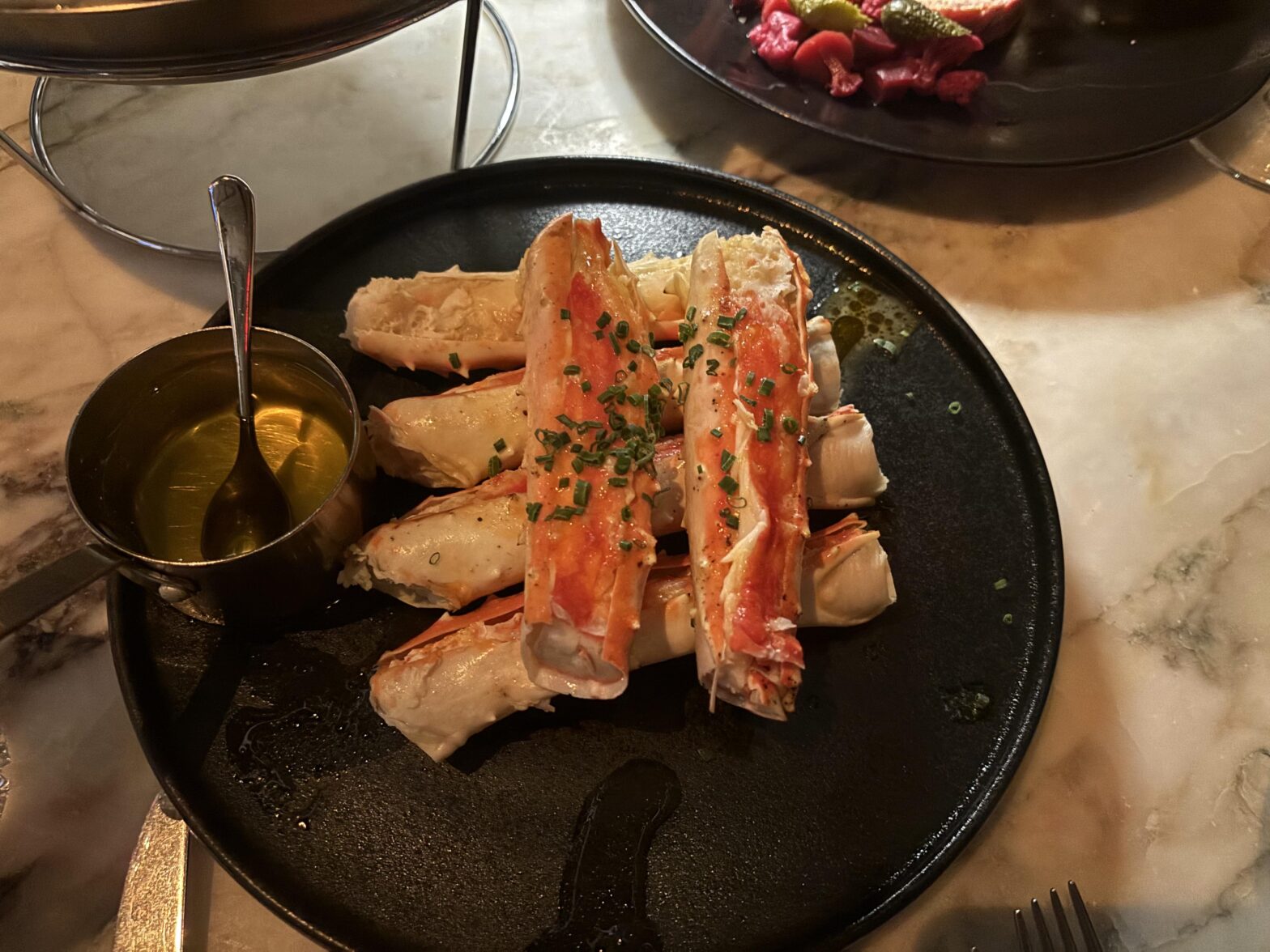Michael B. Jordan has announced that he and his partners will rename his new rum after accusations of cultural appropriation by the Trinbagonian and wider Caribbean community. The name J’Ouvert, taken from a carnival tradition, had sparked backlash because the actor had no known connection to the region. In an Instagram stories post, Jordan acknowledged that he had listened to the criticism and vowed to do better, starting with a name change.
“I just wanna say on behalf of myself and my partners, our intention was never to offend or hurt a culture we love and respect and hoped to celebrate and shine a positive light on,” wrote Jordan. “Last few days has been a lot of listening… a lot of learning, and engaging in countless community conversations.”
“We hear you,” he added. “I hear you and want to be clear that we are in the process of renaming. We sincerely apologize and look forward to introducing a brand we can all be proud of.”
The situation unfolded last weekend after Jordan’s girlfriend Lori Harvey shared photos of the Black Panther actor at the launch, along with a boxed set of the rum and cocktail ingredients. Also, visible was a pronunciation guide and definition for the word which is an integral part of Caribbean carnival culture.
“Derived from the Antillean Creole French term meaning “daybreak,” J’OUVERT originated in the pre-dawn streets of Trinidad, as celebrations of emancipation combined with Carnival season to serve as the festival’s informal commencement. Crafted on those same islands, J’OUVERT Rum is a tribute to the “party start.”
J’ouvert is celebrated in many countries throughout the Caribbean.
As soon as Trinbagonians and other West Indians caught wind of the product, they took to social media to express their ire.
Adding more fuel to the fire was evidence of a trademark application in the category of Goods and Services as “Alcoholic beverages, except beer; Distilled spirits; Rum-based beverages; Rum.” It stated that “The wording ‘J’OUVERT’ has no meaning in a foreign language” which some interpreted as the erasure of the historical importance of the tradition.
Louis Ryan Shaffer’s name appeared on the trademark rather than Jordan’s. A Twitter user pointed out that the brand is co-owned by Scott Robert Williams, who is originally from Trinidad. Williams is a partner in New York nightlife spot Las’ Lap along with Jordan and other investors. Las’ Lap is another carnival-related term, referring to the final hours of the celebration.
Dr. Justin Koo, a lecturer at the University of the West Indies in Intellectual Property, broke down the complexities of J’Ouvert’s trademark application for Travel Noire.
“It doesn’t have any real bearing on the Caribbean, in the sense that a trademark filed in the US is territorial, meaning that that trademark will only protect the use of the word J’ouvert in relation to rum products in the US,” explained Koo. “Because it’s territorial it has no impact on Trinidad and Tobago, Antigua, St. Lucia, Jamaica, or anywhere for that matter that has a J’ouvert party.”
Koo added that the trademark wouldn’t stop the use of the word J’ouvert from being used for rum products in Trinidad and Tobago and the rest of the Caribbean region or as part of carnival festivities. The status of the application was still pending, but if approved, Jordan and his partners would not have exclusive control of the use of the name in other categories in the US.
For example, if a sportswear company wanted to use the name, they could hypothetically apply because that is a separate category from alcoholic beverages. Things would get a bit dicey if the rum became popular and the brand attained distinctiveness, meaning that people associated the word J’ouvert primarily with that specific drink.
A petition to stop Jordan’s trademark of J’OUVERT had already garnered close to 12,000 signatures. Trinidadian-born rapper Nicki Minaj also weighed in, posting to her Instagram a short explanation behind the origins of J’ouvert along with the caption,
“I’m sure MBJ didn’t intentionally do anything he thought Caribbean ppl would find offensive — but now that you are aware, change the name & continue to flourish & prosper.”
Certain countries have specialized provisions in their trademark to protect indigenous people in particular. The Māori are the indigenous Polynesian people of mainland New Zealand. Certain elements of their culture are protected under New Zealand’s trademark act. Koo suggests that West Indian islands may want to think about implementing similar provisions in the region.
“In the Caribbean context, what we might want to consider — and this might be a sort of forward-looking point — let’s think about what is valuable to us culturally, and then we’ll pass similar laws to that of New Zealand to say, look, these things are protected. Nobody can exclusively own trademarks or the IP rights and these particular products or these particular words or these particular images or whatever the case.”





